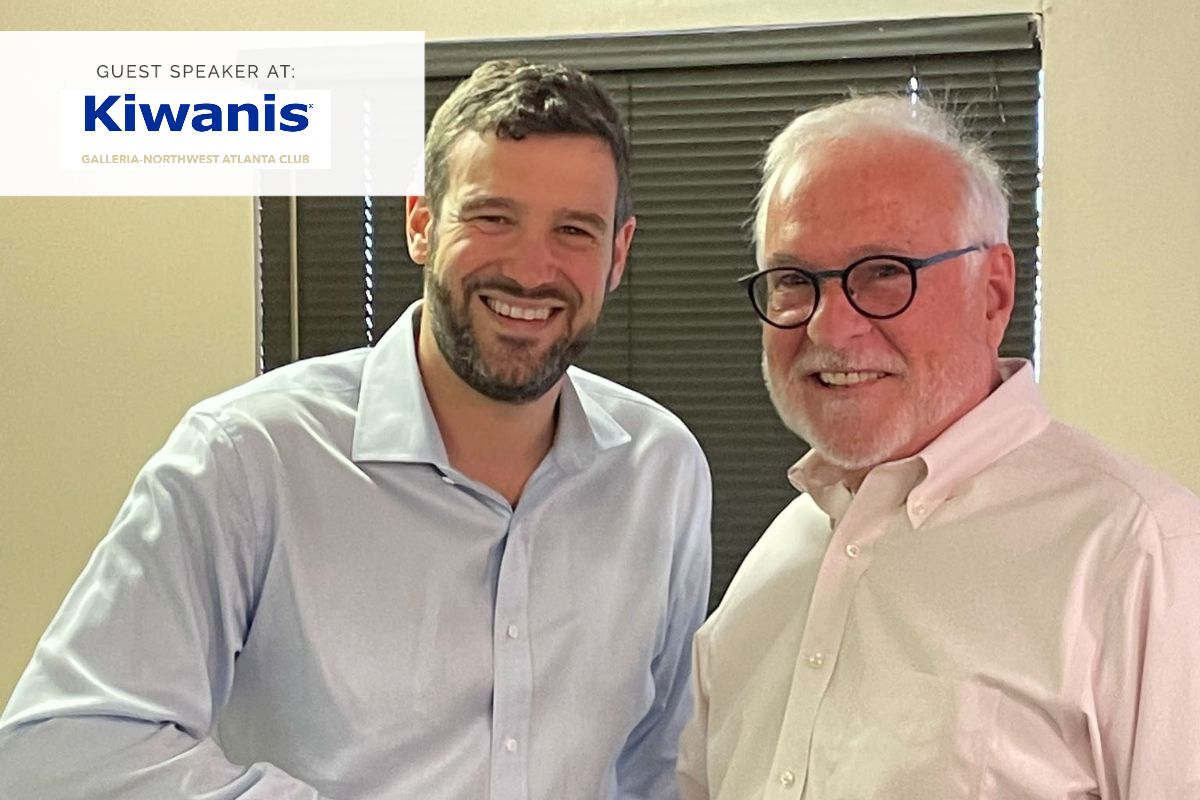Paces Ferry Awarded One of Atlanta’s Best Financial Advisors 2023
Best Financial Advisors in Atlanta!
Expertise.com chose 19 financial advisors in Atlanta, GA as the best of the best and Paces Ferry Wealth Advisors was among that exclusive group. The selection process was based on the following criteria:









